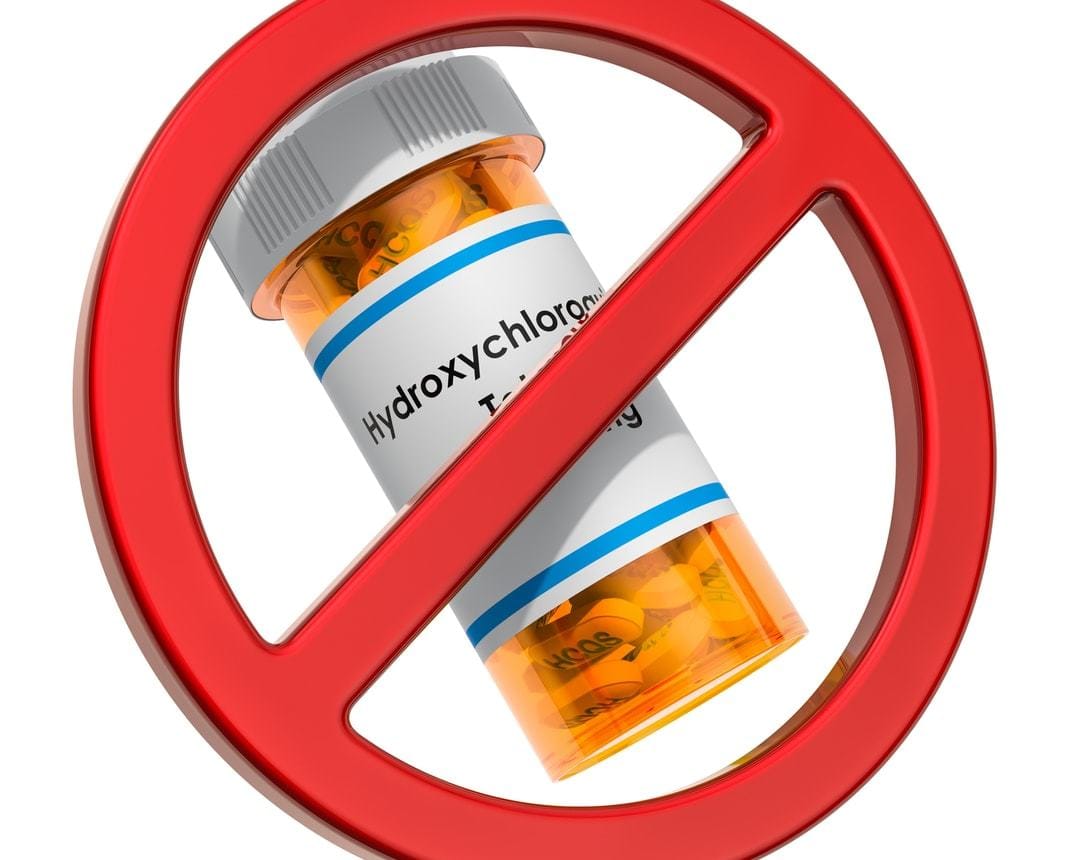
There’s no shortage of recent controversy surrounding the use of anti-viral drug hydroxychloroquine for COVID-19.
In the space of just a few weeks:
- US President Donald Trump personally endorsed the unproven treatment
- The Lancet published, then retracted, a highly influential study warning against its use
- The World Health Organisation (WHO) suspended, then resumed, a global trial on the basis of the Lancet study – which is now suspected of being seriously compromised
- Interim results from the largest trial to date appears to confirm the drug has no beneficial effects
- And now, overnight in the US, the Food and Drug Administration has revoked its emergency use authorisation of the drug, and chloroquine, for the treatment of COVID-19.
These rapidly-unfolding developments reflect a global health and media landscape characterised by high-profile claims, contested evidence, and rapidly changing narrative. Among this noise and confusion, frontline health workers everywhere must make critical decisions about the clinical care they provide for patients with COVID-19.
Recognising the importance and complexity of this task, leading Australian researchers and clinicians have come together to create a dynamic model that provides a "source of truth" for clinicians around the country. Their aim is a clear and consistent voice, delivering up-to-the-minute, evidence-based guidance for the care of Australians with COVID-19.
The National COVID-19 Clinical Evidence Taskforce is the first of its kind. It was formed in late March, and has quickly grown to encompass a diverse and unified collaboration of 29 national peak health organisations and 200 experts from across primary, acute and critical care settings, including Monash University.
Providing a trustworthy source based on the latest global evidence is a critical responsibility at a time when conflicting and unproven claims circulate rapidly and extensively.
Together, members work around the clock to analyse global research findings, consider the evidence, and maintain Australia’s COVID-19 Clinical Guidelines. Typically, guidelines such as these are updated every few years, but in a world-first approach, these "living" guidelines are updated each week with new research, providing reliable, up-to-the minute advice to Australian clinicians.
A key challenge for the taskforce is keeping up with the sheer volume of research now being published – almost 5000 studies and more than 1100 randomised trials have been registered already. Evidence surveillance systems track and identify relevant studies as soon as results are made available, allowing the evidence teams to rapidly identify and summarise global COVID-19 research findings.
These near real-time summaries feed into expert guideline panels that meet weekly to determine and update specific, patient-focused recommendations. To date, 32 recommendations for the clinical care of patients with COVID-19 have been published, including recent recommendations regarding the use of remdesivir and hydroxychloroquine.
Read more: Venom may play a role in the fight against COVID-19
In the context of the COVID-19 crisis, the need for this "living" or near-real time evidence is critical given the high levels of uncertainty, rapid emergence of research, and the potential for findings to change policy and practice decisions. The context of the pandemic demonstrates clearly how living guidelines can transform what has traditionally been a fragmented, slow and expensive process into one that is responsive, efficient and rigorous.
The "living evidence model" was pioneered in Australia by the Australian Living Evidence Consortium, based at Monash University, in partnership with Cochrane (one of the world’s most trusted health evidence providers). It was first tested in frontier projects with national stroke and diabetes guidelines, and is now used as a model to ensure every Australian clinician has access to a single source of trustworthy advice about critical aspects of COVID-19 care.
Read more: Explained: he challenges of developing a COVID-19 vaccine
An additional advantage of this dynamic model is our ability to continually identify and respond to frontline clinicians’ current questions and concerns. We use this information and input to shape the priorities and week-to-week focus of the taskforce panels. Clinicians are encouraged to submit questions via a form on our website.
Looking ahead, we know many challenges lie ahead in navigating the evolving pandemic, and fiercely contested debates about how best to do so will continue to unfold.
Providing a trustworthy source based on the latest global evidence is a critical responsibility at a time when conflicting and unproven claims circulate rapidly and extensively.
The National COVID-19 Clinical Evidence Taskforce has demonstrated the ability of Australia’s leading health experts and organisations to come together with unity of purpose and voice to provide clinicians with the guidance and reassurance they continue to need throughout this global health crisis.
To find out more about the taskforce, or to submit a question, visit the website here.





